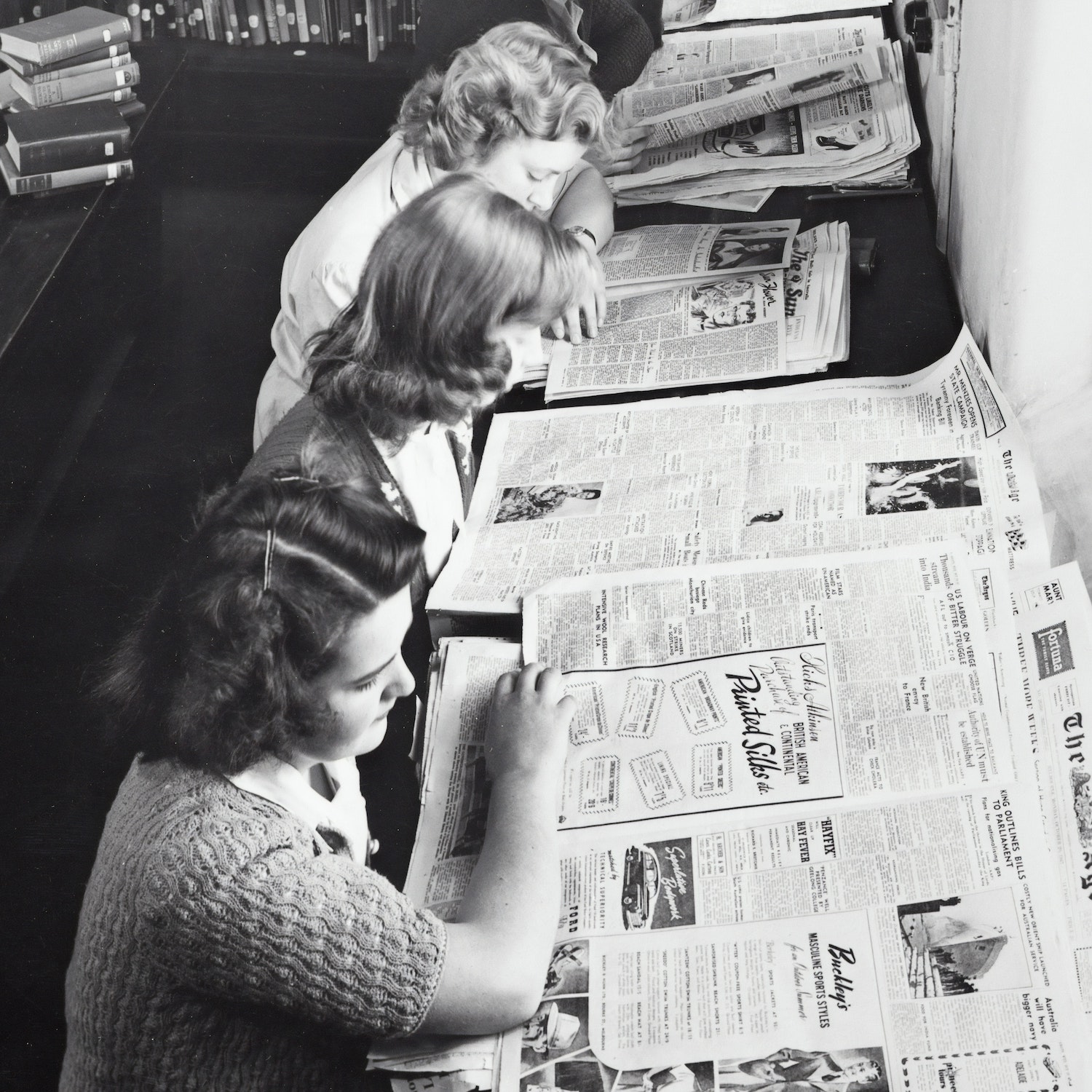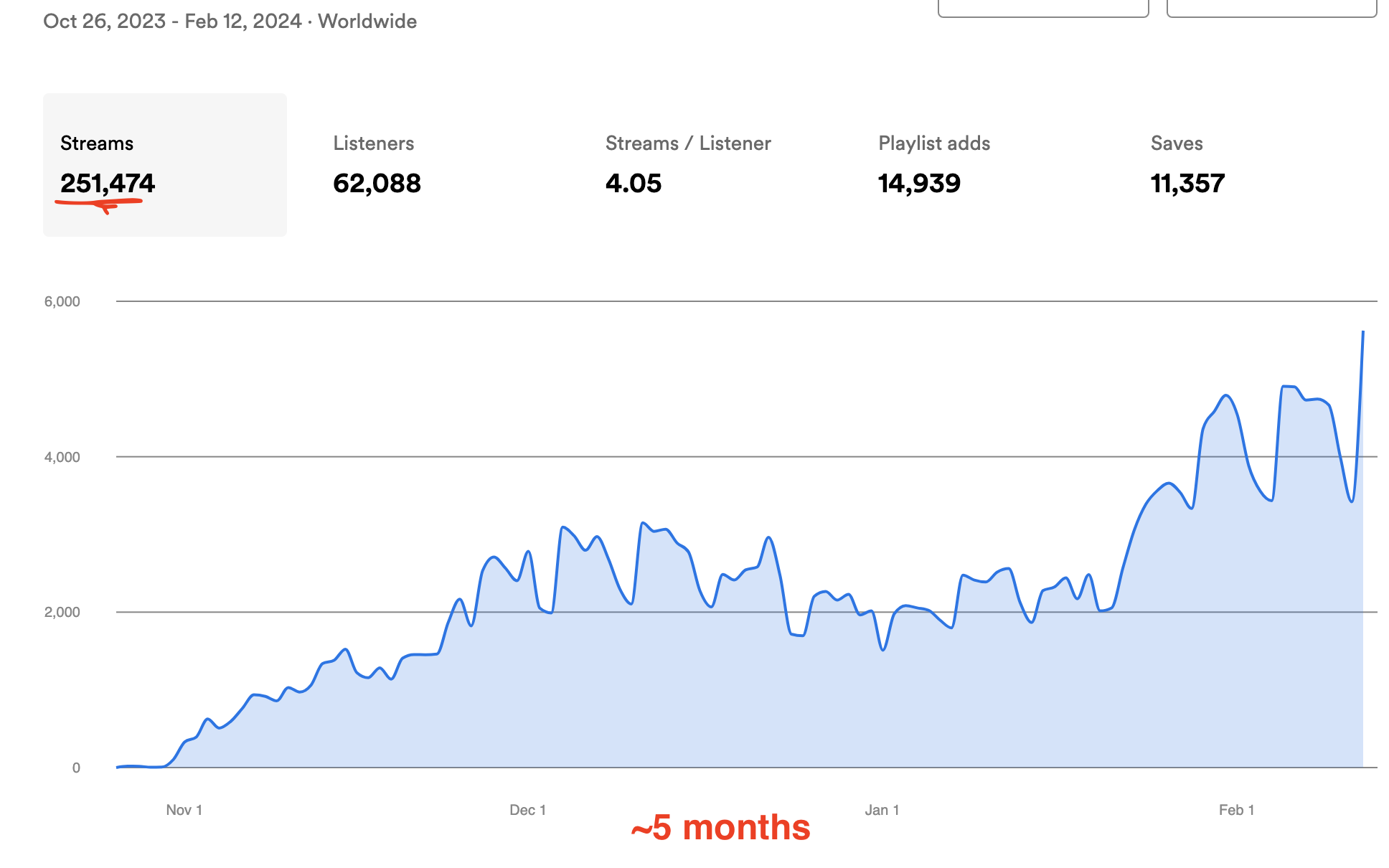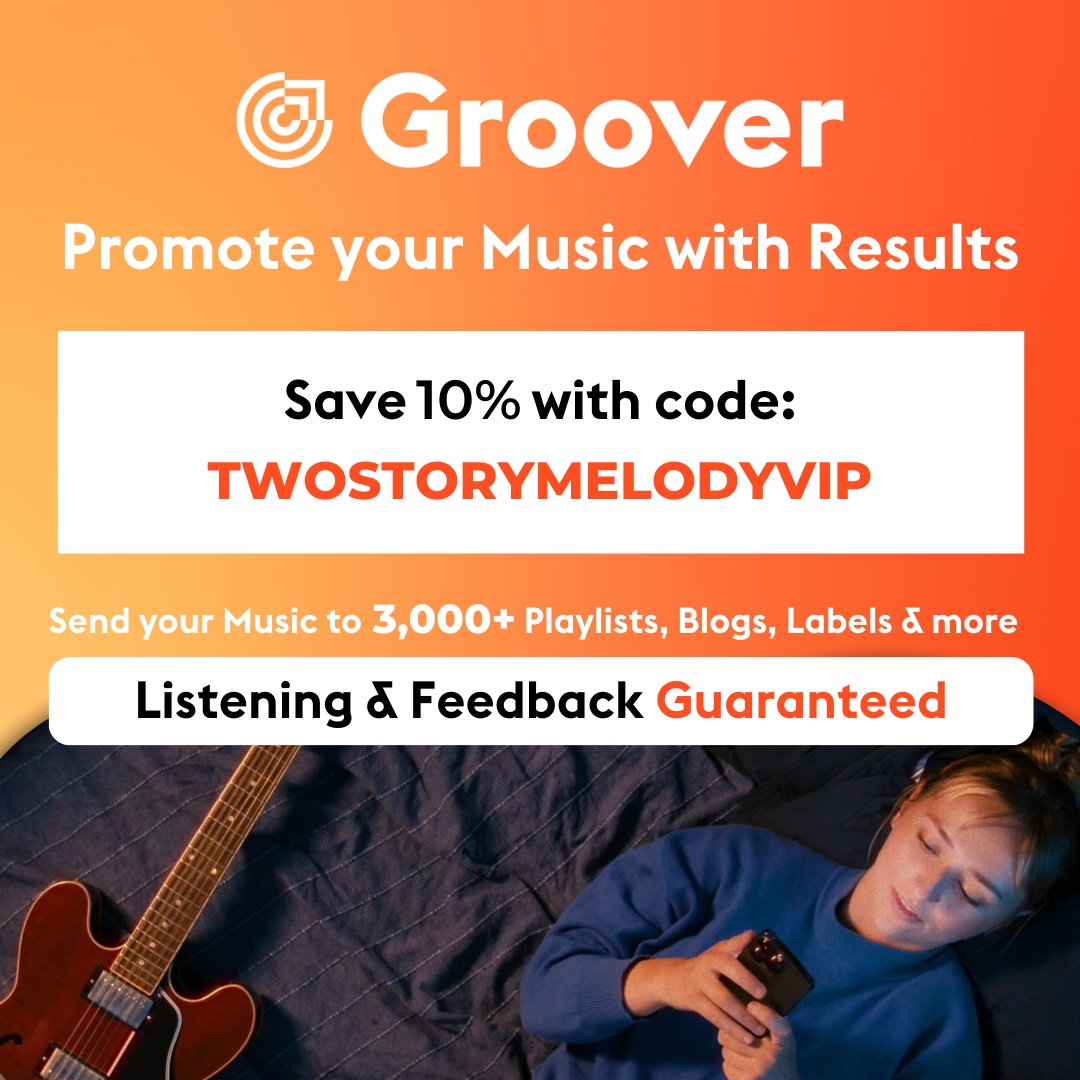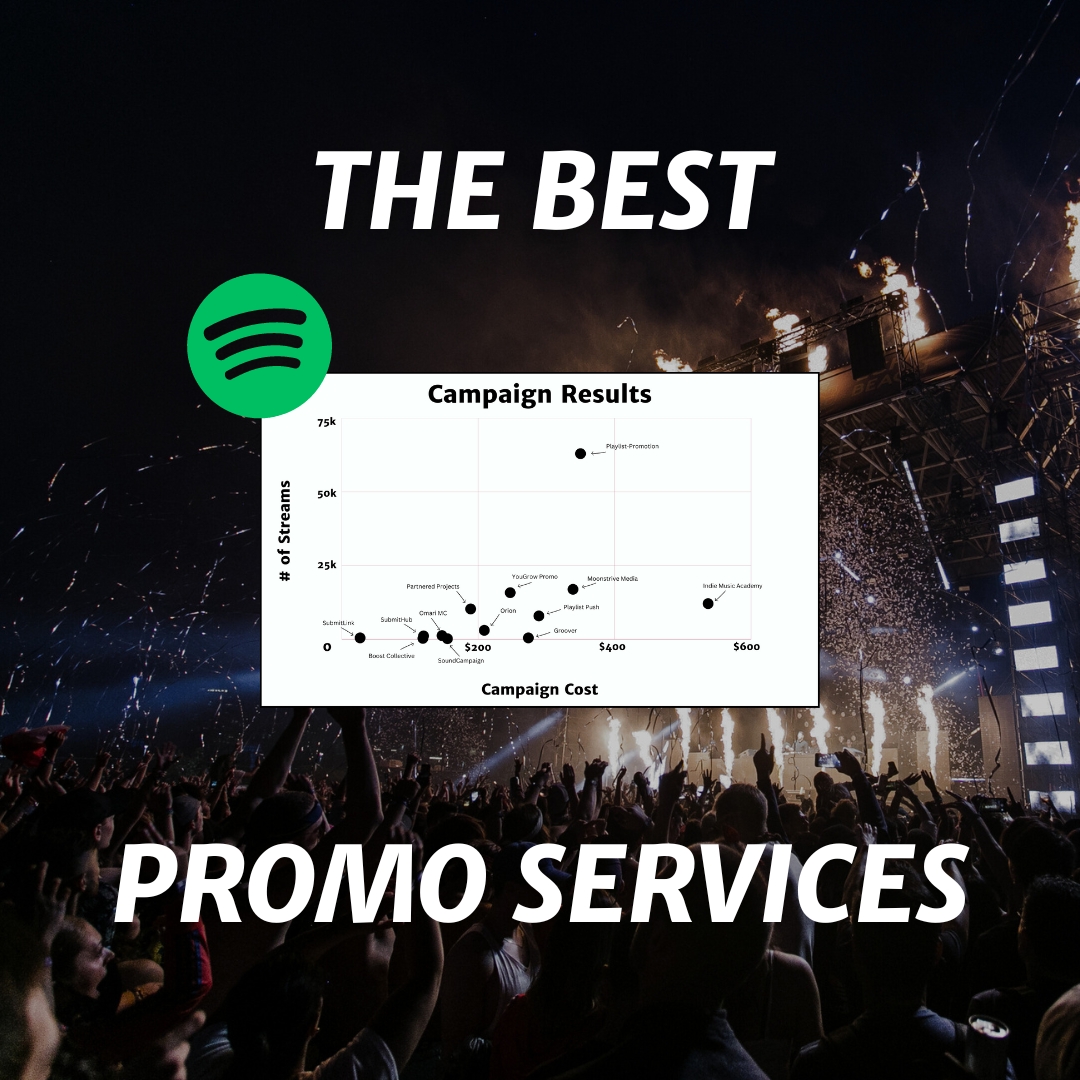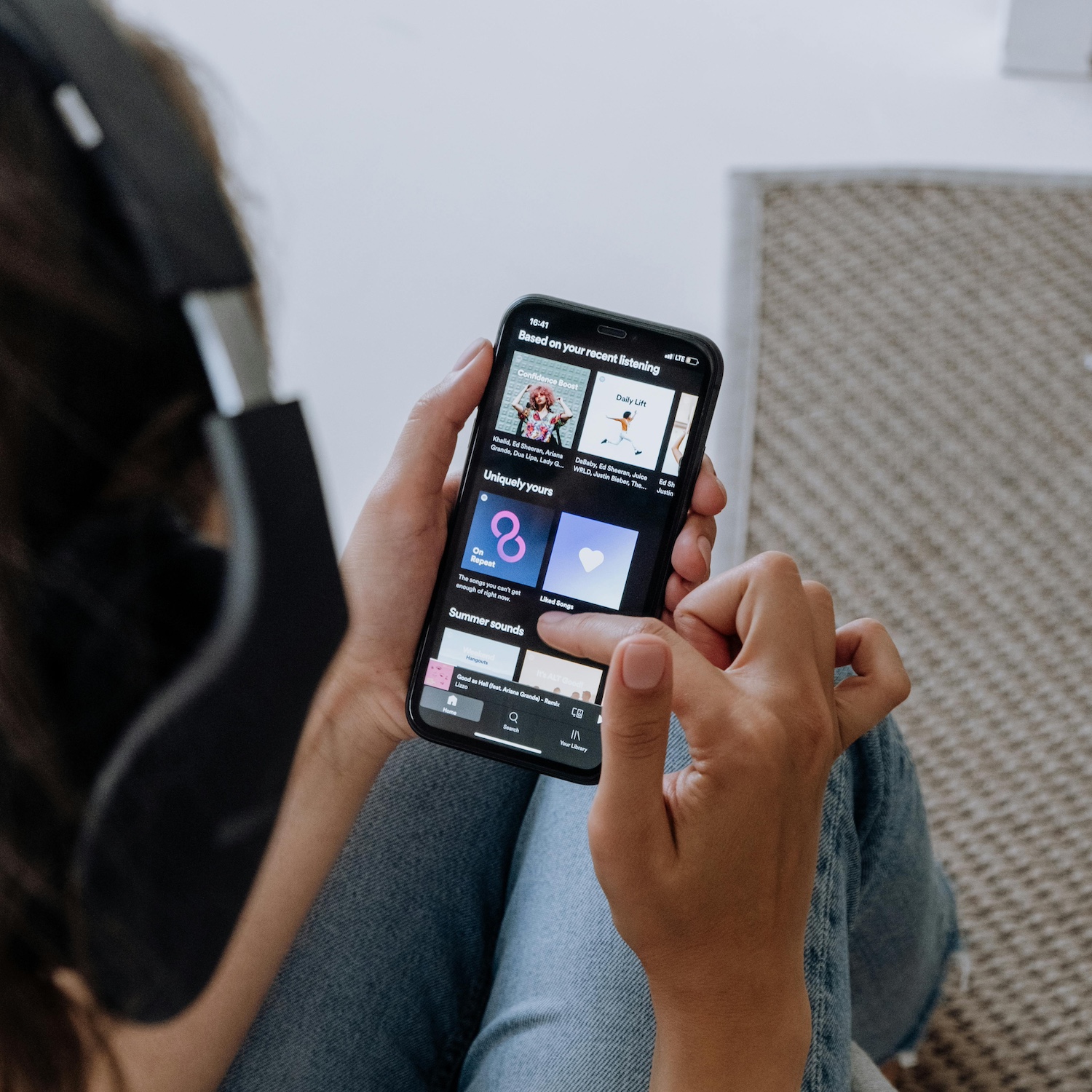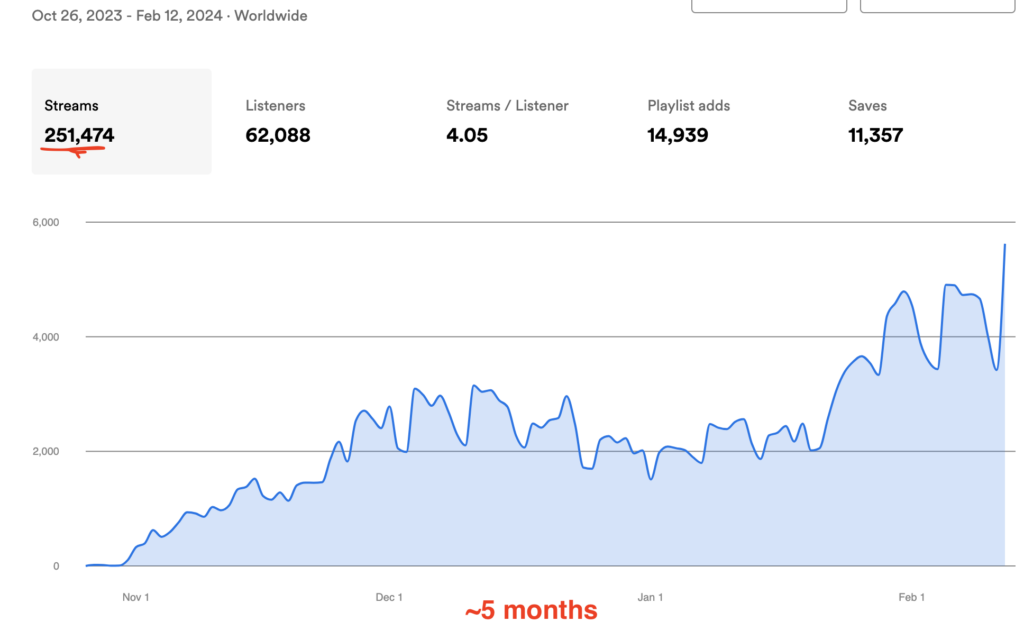I’ve been doing music PR professionally for… eh, maybe five years.
The exact number of years / experience I can claim depends on a) what you consider “professional PR”, and b) whether you think time is an objective facet of reality or just a made-up concept we use to describe our subjective perception of the human experience.
(For real what the heck is time? I’ve been bugged by this since I read that random chapter in Augustine’s Confessions and this frickin smug little book just made it worse.)
As usual, I’m at the precipice of the rabbit hole. Let’s stay on topic.
Okay, PR stuff: I got into this whole music marketing thing through Two Story Melody, which, as you may or may not know, is a music blog.
It started, very literally, as a passion project; I interviewed people I knew to learn their songwriting processes. As a fun example, here’s an interview I did with Tom (yes, that Tom). It’s about a song he’s since removed from distribution because he got older and could no longer hear the magic, kinda like what happened in the plot of The Polar Express.
(The bell still jingles for me, Tom.)
Anyway, right around the time that I published Tom’s interview, the site was starting to get more traffic. Artists that I didn’t know personally began reaching out to me, asking for coverage – and when I covered them, they’d sometimes ask if I knew other blogs they could get coverage in, as well.
As it turned out, I did know a few other blogs. I’m a moderately friendly guy, and I’d been networking a bit as I tried to figure out how in the world you were supposed to run a music blog. So, I had contacts with a few editors who I thought were solid, and I started referring artists over to them.
Long-story-short, I ended up doing some consulting to help artists I liked get articles written about their music.
Shortly after, I launched my agency, Two Story Media.
And, boom – I was officially a music publicist.
“Yeah, that’s not even an interesting story,” you say, sipping your matcha honey mocha and flicking the remnants of a poppyseed bagel from your fingernails. “Can you deliver on the promise you made in your subject line before I get bored and delete this email?”
“Weird taste in mochas and matcha is bad,” I reply, “but that’s a fair question.”
Here’s where I’m going with this…
I am biased to value music PR.
It typically features a medium (the written word) that I happen to really like. Plus, it’s my background – it’s the whole point of what my agency was originally founded to do.
But, in spite of that – in spite of all of it – I think, for most artists, music PR is a waste of time.
To clarify that statement, I’ll start with a definition, and then I’ll give you three reasons why I think it’s true.
The definition:
First, please note that I’m using “music PR” in the narrowest sense, here – by music PR, I just mean the process of getting articles written about your music.
You can argue this definition, for sure. Most PR agencies will tell you that PR (short for public relations) is about much more than press coverage.
They’re totally right.
But, also, when you pay an agency for PR, 98% of what they do is get articles written about your music. And 98% of the time, when artists ask an agency for PR, they have press (articles) in mind.
So, while public relations encompasses almost any form of communication, I think it’s fair to use the term more narrowly.
Okay – onto the rationale behind my semi-controversial subject line.
The reasons traditional music PR isn’t worth your time…
All right, get ready for some bad news.
1. Music PR is not a good way to get more people to hear your music.
I mean, think about it: Do you ever find new artists through written articles?
If you’re like most people, the answer is almost definitely no.
Sure, 10 years ago, blogs played a pretty big role in new music discovery; artists as recent as Billie Eilish can credit their breaks, at least in part, to the blogosphere. In the early days of the internet, that was a thing.
But over the past decade, it’s become far less common.
Today, nearly all digital music discovery happens in one of two ways: through streaming service algorithms (like Spotify and YouTube) or through social media traction (usually Instagram or TikTok).
The ineffectiveness of press in driving new listeners is compounded by the fact that nearly all music blog audiences are built on the backs of artists – not on the brands of the blogs themselves.
Here’s how it works:
- A blog (like Two Story Melody) writes a nice article on an artist.
- The artist gets pumped and shares the article with their fans.
- The artist’s fans read the article.
- Everyone goes their separate ways.
- The artist’s fans never read Two Story Melody again.
In other words, the flow of traffic is from artists -> articles… not from articles -> artists.
This is true for virtually every outlet out there. The only outlets for which it’s a little less true are the super-big, top-tier outlets – think Rolling Stone and Billboard and Pitchfork. These places are established enough to have somewhat sizable audiences of their own, but even they rely primarily on artists to drive their traffic.
This brings me to my next point…
2. The big outlets won’t cover you.
The few outlets that could get more people to hear your music almost certainly won’t give you the time of day.
It’s not really their fault. They’re owned by media conglomerates, who run them via a business model that’s predicated on turning web traffic into advertising revenue.
In other words, they need their articles to get clicks to stay in business.
And here’s the rub: Which do you think will get more clicks – an article about Ed Sheeran’s lame new Pokemon song, or an article about a random indie artist who just released their second-ever single that their mom says is good?
The answer is not the indie artist.
I’m sorry.
But, don’t give up hope. Because, while top-level coverage is unlikely for most indie artists, the final piece of my rationale is actually kind of encouraging:
3. Given the current landscape, new approaches to publicity are just as effective as traditional methods.
You no longer need to hire an agency to get articles written about your music.
Today, you can use a platform like SubmitHub, Groover, or yes, even Musosoup, and you can get results that are very comparable to what you’d get by paying a PR firm at a ridiculous fraction of the price.
(Side note to explain why this is the case: Music submission platforms like SubmitHub were introduced around the time I started doing PR. They offer artists a guarantee that their music will get heard, and they offer blogs a way to make a bit of cash. As a result, 80% of good, mid-level blogs are now on one – or on several. Also as a result, the relationships that traditional publicists formed with blog editors back in the day are less relevant.)
Combine submissions on these platforms with some of your own email outreach, and boom – you’re a music publicist.
Where’s all of this leave you?
Well, it depends.
I still think music PR has significant value; it just doesn’t have the same kind of value that it had a decade ago.
1) Getting articles written about you still gives your audience a place to engage with your artistry. As I’ve written before, I’m a fan of the Pittsburgh Steelers, and when I read articles about the team, I become more of a fan.
In the same vein, press is a chance to have your story told.
2) Press is also a credibility booster. When fans google your name and nothing comes up, it looks like you’re lame. When fans google your name and find a whole page of search results about your music, it looks like you’re legit.
And if you have a write-up in an industry-recognized source, it really can open doors – you can include it in pitches when you’re booking shows, or when you’re reaching out to collab with people, or whatever, and you’ll be more likely to get positive responses.
All of that stuff still matters.
But…
Press is no longer a significant way to find new ears.
In summary, here’s what I’ve been telling people:
Focus on building your fanbase, first.
Grow your socials and your streaming presence. Run a SubmitHub campaign and email some editors to get mid-tier-outlet articles that prove to the internet you’re a real thing.
But don’t seriously pursue big press coverage until an objective observer would look at your artistry and think, “Huh, this story has a ready audience.”
At that point, it’s probably worth it to hire a PR agency. Relationships still matter (sorry), and an agency will be able to get you in with editors at the big outlets.
Until then, traditional music PR is probably a waste of your time.
But what is time, anyway?
Great question, but let’s call it there.
Good luck, and here’s hoping you build connection around meaningful music.

